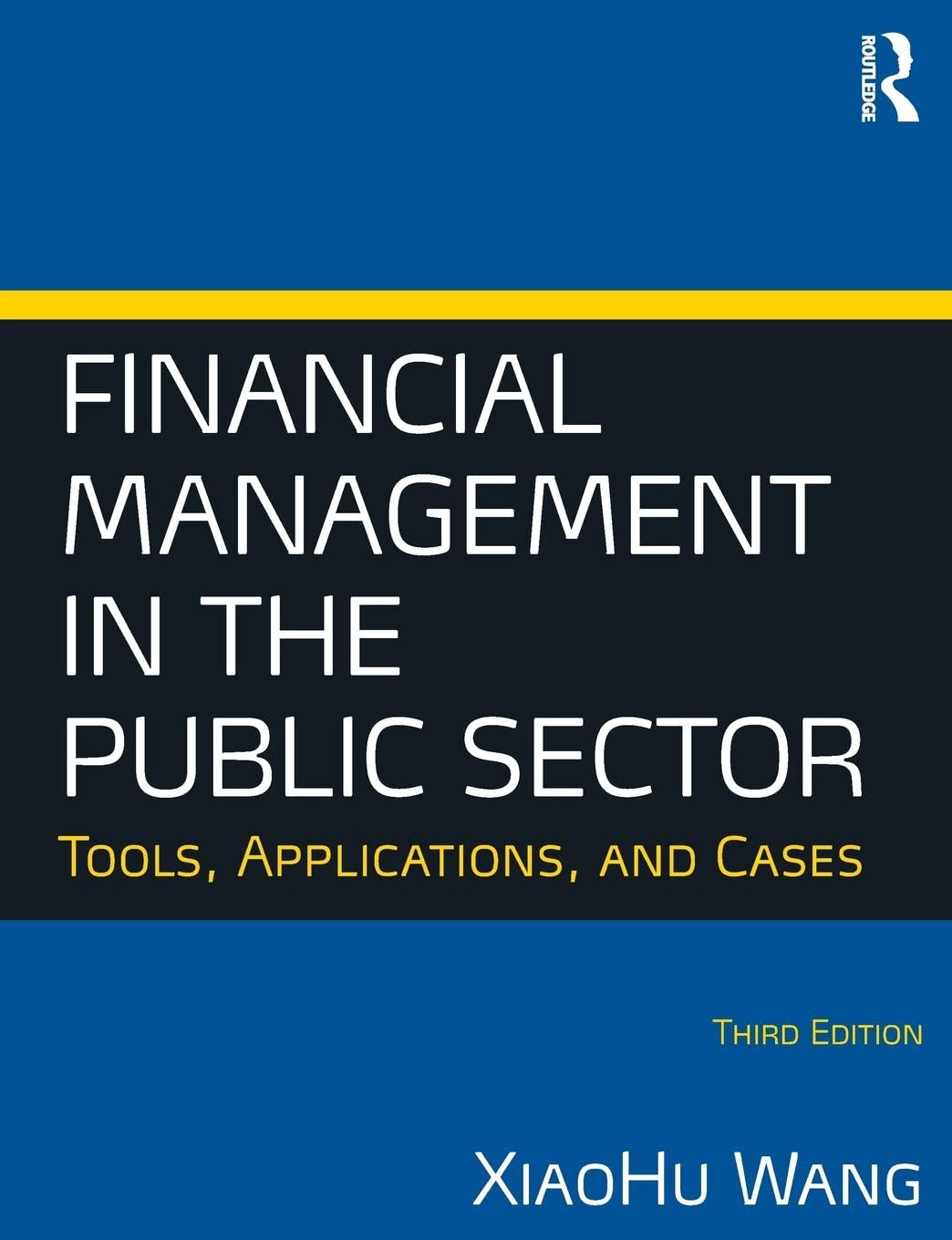
Toyota's Pass-Through. Assume that the export price of a Toyota Corolla from Osaka, Japan, is 2,050,000. The exchange rate is 87.61/$. The forecast rate of inflation in the United States is 2.2% per year and in Japan it is 0.0% per year. Use this data to answer the following questions on exchange rate pass-through. a. What was the export price for the Corolla at the beginning of the year expressed in U.S. dollars? b. Assuming purchasing power parity holds, what should be the exchange rate at the end of the year? c. Assuming 100% exchange rate pass-through, what will be the dollar price of a Corolla at the end of the year? d. Assuming 75% exchange rate pass-through, what will be the dollar price of a Corolla at the end of the year? a. What was the export price for the Corolla at the beginning of the year expressed in U.S. dollars? The export price for the Corolla at the beginning of the year expressed in U.S. dollars is $ (Round to the nearest cent.) b. Assuming purchasing power parity holds, what should be the exchange rate at the end of the year? Assuming purchasing power parity holds, the exchange rate be at the end of the year should be /$. (Round to two decimal places.) c. Assuming 100% exchange rate pass-through, what will be the dollar price of a Corolla at the end of the year? Assuming 100% exchange rate pass-through, the dollar price of a Corolla at the end of the year will be $ . (Round to the nearest cent.) d. Assuming 75% exchange rate pass-through, what will be the dollar price of a Corolla at the end of the year? Assuming 75% exchange rate pass-through, the dollar price of a Corolla at the end of the year will be $ (Round to the nearest cent.) Toyota's Pass-Through. Assume that the export price of a Toyota Corolla from Osaka, Japan, is 2,050,000. The exchange rate is 87.61/$. The forecast rate of inflation in the United States is 2.2% per year and in Japan it is 0.0% per year. Use this data to answer the following questions on exchange rate pass-through. a. What was the export price for the Corolla at the beginning of the year expressed in U.S. dollars? b. Assuming purchasing power parity holds, what should be the exchange rate at the end of the year? c. Assuming 100% exchange rate pass-through, what will be the dollar price of a Corolla at the end of the year? d. Assuming 75% exchange rate pass-through, what will be the dollar price of a Corolla at the end of the year? a. What was the export price for the Corolla at the beginning of the year expressed in U.S. dollars? The export price for the Corolla at the beginning of the year expressed in U.S. dollars is $ (Round to the nearest cent.) b. Assuming purchasing power parity holds, what should be the exchange rate at the end of the year? Assuming purchasing power parity holds, the exchange rate be at the end of the year should be /$. (Round to two decimal places.) c. Assuming 100% exchange rate pass-through, what will be the dollar price of a Corolla at the end of the year? Assuming 100% exchange rate pass-through, the dollar price of a Corolla at the end of the year will be $ . (Round to the nearest cent.) d. Assuming 75% exchange rate pass-through, what will be the dollar price of a Corolla at the end of the year? Assuming 75% exchange rate pass-through, the dollar price of a Corolla at the end of the year will be $ (Round to the nearest cent.)







